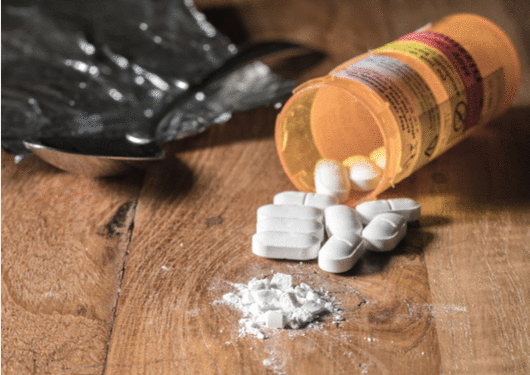
Visit Our Sponsors |
|
|
|
|
|
|
|
|
|
|
|
|
|
|
|
|
|
|
|
|
|
|
|
|
|
|
|
|
|
|
|
|
|
|
|
|
|
|

DeWine brought his case in an Ohio state court, choosing as his venue the courthouse in Chillicothe, a small city whose struggle with the addiction crisis was the subject of a heartbreaking report by The Post's Joel Achenbach.
This suit joins similar efforts against the drug companies filed by jurisdictions as different as Everett, Wash., which has charged Purdue Pharma with failing to blow the whistle on massive diversion of its product to that city's black market, and the Cherokee Nation, which is suing pharmacy chains and their wholesale suppliers on similar allegations. We hasten to add that all of the companies accused, Purdue Pharma included, deny any wrongdoing, and argue that they work hard to comply with federal regulations and prevent the improper use of their products. It is also true that, even though the opioid lawsuits are often compared to the litigation that ultimately held Big Tobacco accountable, prescription opioids have legitimate health uses, unlike cigarettes.
The fact remains, however, that more than 183,000 people have died in the United States from overdoses related to prescription opioids between 1999 and 2015, according to the federal Centers for Disease Control and Prevention. Such deaths were rare prior to the 1990s, when prescription opioids became commonly prescribed for non-cancer pain — at the urging of the pharmaceutical industry’s marketing teams. DeWine’s lawsuit and others like it might not be equivalent to the tobacco lawsuits, legally or morally, but they express widespread and understandable public feeling. They amount to a cri de coeur in the courtroom.
Whether these uphill legal battles actually succeed or not, we hope litigation pressures everyone in the prescription opioid supply chain to reveal more clearly what they knew, and when they knew it, about the addictive properties of these products and their mass diversion into dubious “pill mills.”
RELATED CONTENT
RELATED VIDEOS
Timely, incisive articles delivered directly to your inbox.






